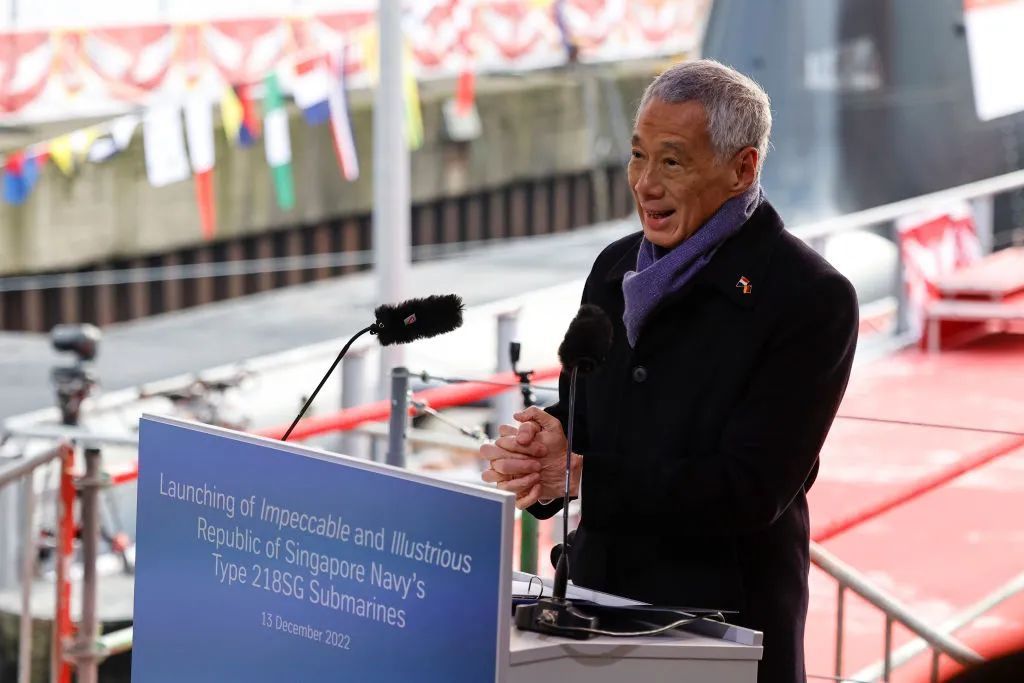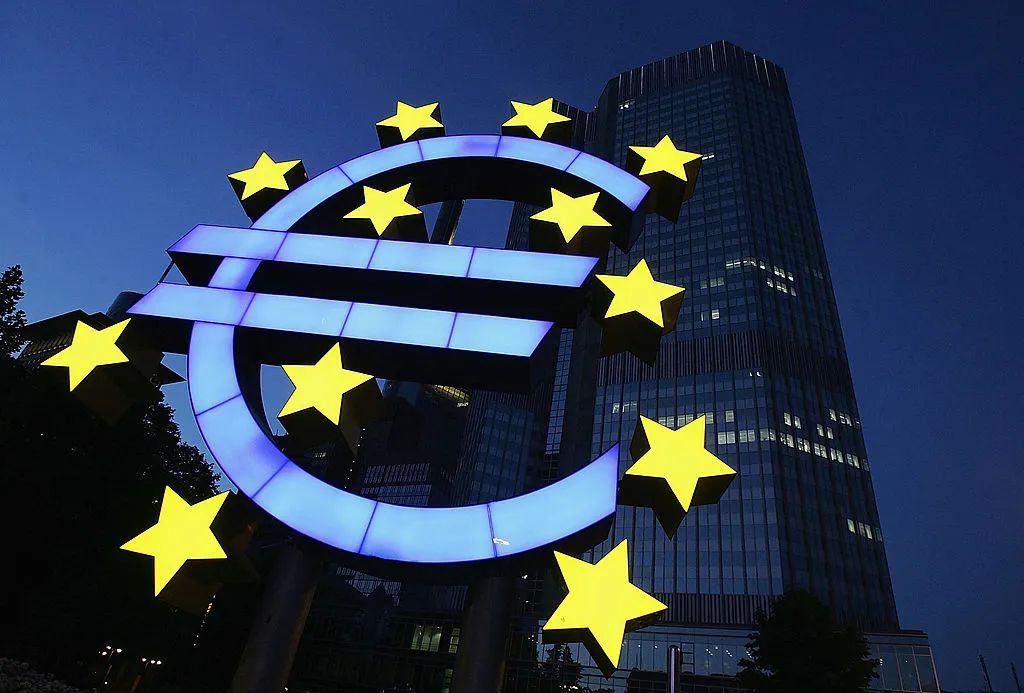Germany has written to dozens of countries including Gulf Arab states to plead for more air defence systems for Ukraine, saying Kyiv needed urgent help to protect its cities, troops and critical infrastructure from the “murderous onslaught” of Russian missiles.

A “wide range of non-Nato partners” had also been approached, they added. Officials declined to identify those countries.
Singapore’s Prime Minister Lee Hsien Loong will step down next month after nearly 20 years in power, handing over to his deputy in what will be only the third leadership transition in the Asian financial hub’s modern history.

Lawrence Wong, deputy prime minister and finance minister, will become Singapore’s leader on May 15 after being named heir apparent in 2022 as part of the ruling People’s Action party’s long-standing succession plan.
When China’s Tianqi Lithium paid $ 4bn in 2018 to become the second-largest shareholder in Chile’s SQM, it was making a gamble to gain a strategic foothold in one of the world’s top lithium reserves as demand soared for the metal at the heart of the electric vehicle revolution.

But Tianqi’s investment to solidify its position in Latin America, home to the “lithium triangle” of Argentina, Bolivia and Chile, is in jeopardy as the Chilean government works to exert more control over the vast salt flats of the Atacama Desert, where SQM produces one-fifth of the world’s lithium.
Nearly half of American voters think the US is spending too much on aid for Ukraine, according to a poll that underscores the fragility of domestic support just as Volodymyr Zelenskyy prepares to visit Washington to lobby for more funding.

The US has invoked national security to approve a sale to Israel of more than $ 100mn in tank ammunition in a move that bypasses Congress, which has struggled to approve bills providing more foreign military aid.

International investors are dipping a toe into Turkey’s long-abandoned debt market as sweeping economic reforms and a surge in yields gradually increase the appeal of the country’s bonds.

Eurozone banks that drag their feet and fail to comply with requests from supervisors to fix vulnerabilities will face tougher enforcement action including more fines, a top European Central Bank official has warned.
